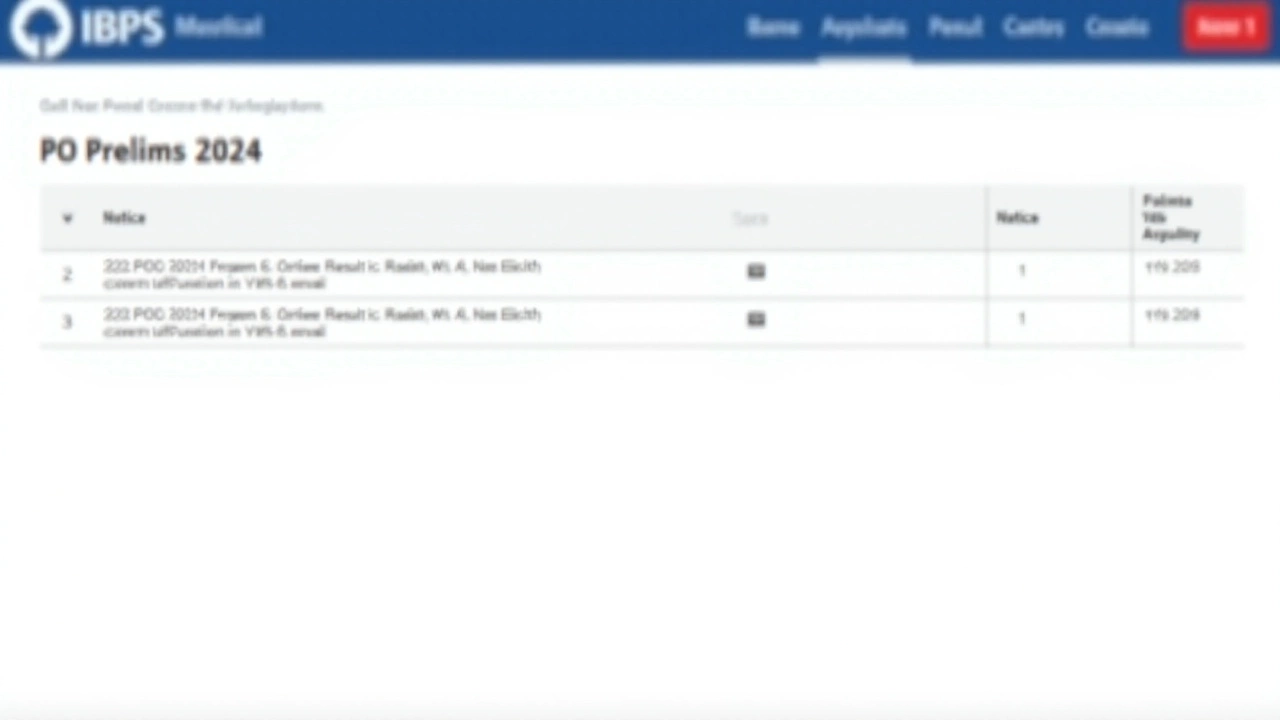Banking Exam Guide – What You Need to Know Right Now
Thinking about a career in banking? The right exam score can open doors to stable jobs, good pay, and a clear growth path. But the competition is stiff, and the syllabus can feel endless. Let’s break down the key steps you need to take, so you can study smarter, not harder.
Exam Pattern and Syllabus Overview
Most public sector banks follow a three‑stage process: prelims (online), mains (written) and the interview. The prelims usually have 100 multiple‑choice questions covering Reasoning, Quantitative Aptitude, English and General Awareness. Time is limited—45 minutes for each section, so speed matters. The mains add descriptive writing and a deeper dive into reasoning and quantitative topics. Finally, the interview checks your communication skills, confidence and banking awareness.
Grab the latest official notification and mark the weightage of each topic. For example, Quantitative Aptitude often accounts for 30‑35% of the total score, while Reasoning grabs another 30%. Knowing this helps you allocate study time wisely.
Effective Study Strategies
Start with a realistic timetable. Block 2‑3 hours daily for focused study, and reserve weekends for mock tests. Use short bursts of 25‑30 minutes (the Pomodoro method) followed by a 5‑minute break; it keeps your brain fresh and prevents burnout.
Pick a trusted study material—most aspirants rely on books by R.S. Aggarwal for Quant and Reasoning, and a good English grammar guide. Online platforms like Bankers’ Academy or Oliveboard offer video lessons and practice sets that match the latest pattern.
Mock tests are your best friends. Take a full‑length test every week, review every mistake, and note down which concepts need a second look. Over time you’ll see patterns: perhaps you slip on data interpretation or speed‑reading in English. Target those weak spots directly.
Don’t ignore General Awareness. Follow a daily current affairs brief, especially banking news, economic policy updates, and government schemes. Apps that send a 5‑minute news digest work well during commute hours.
When you reach the interview stage, practice answering common banking interview questions out loud. Record yourself to improve clarity and confidence. Dress neatly, maintain eye contact, and be ready to discuss why you chose banking as a career.
Finally, stay healthy. A short walk, balanced meals, and enough sleep keep your concentration sharp. Cramming late into the night may boost short‑term recall but hurts long‑term retention.
Ready to start? Pick a syllabus, set a timetable, and hit the first mock test today. Consistency beats intensity, and every small improvement adds up to a higher score.

